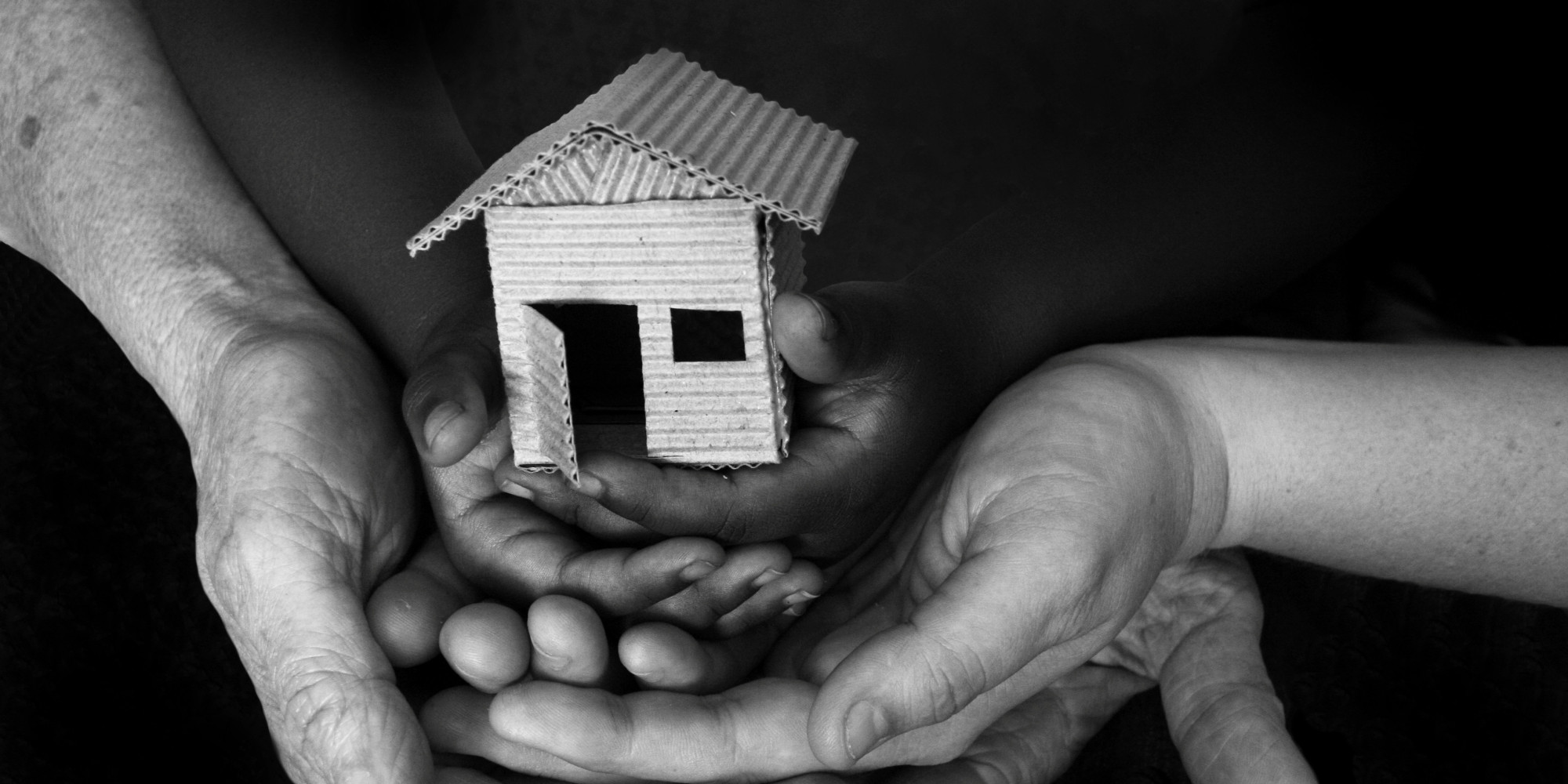One in five people in UK concerned about homelessness, study reveals

More than one in five people in the UK fear they or someone they know could be homeless in the next 12 months and 77% of the population want the Government to support the building of more social homes to address the issue, according to a new study.
Statistics released today by Places for People show that 21% of people living in the UK fear they or someone they know will become homeless in the next year.
The worry is even greater among renters – both private (30%) and social (29%) – compared to 15% among homeowners.
Latest government data shows 3,898 people were counted as sleeping rough across England on a single night in Autumn 2023, and 121 in Wales. In Scotland, 2,438 households reported rough sleeping during the previous three months before applying for support in 2022/2023.
Rough sleeping alone does not tell the whole story of the severity of homelessness. The most recent government data shows households living in temporary accommodation is at its highest ever level with 112,660 in England, 15,625 in Scotland and 5,700 in Wales.
Meanwhile, according to the most recent available data, there are 1.29 million households waiting for a social home in England, 110,900 in Scotland and 90,000 in Wales.
Well over three-quarters (80%) of people think that homelessness is a major national issue and a similar proportion (77%) believe government needs to build more social homes to address the problem. 81% say government should provide more funding to prevent homelessness.
Places for People, which owns or manages more than 245,000 homes across the UK including 74,000 social homes, is calling on the next government to put building 90,000 social homes per year as a top priority.
John Greaves, chief impact officer at Places for People, said: “These figures should alarm us all. What we found has bluntly exposed the worry that exists throughout the country. Sadly, however, they do not come as a surprise - for too long we have been highlighting the seriousness of the ever-growing homelessness crisis facing the UK.
“With renters in both social and private properties most concerned, everything people are telling us points towards a desperate need to build more social homes, although delivering the right mix of all tenures remains vital to ease overall pressure. At Places for People, we’re doing all we can to build more quality homes, including for social rent, and we support those who have fallen on hard times and are being let down by the welfare system, but we can only do so much.
“We know that building 90,000 social homes a year will be a challenge, but we’re ready to help. We see an opportunity to deepen our collaboration with partners and work closely together as part of public-interest-led development groups. This would bring developers, local authorities, members of the public and others together on larger schemes to plan and deliver the quality homes needed in a more joined-up and community-focused way. This could be supported by giving Homes England greater flexibility over funding to deliver on more challenging sites. We want to put ourselves forward to work closely with Homes England and a local authority on a specific site to trial this model, building on the development corporation approach.
“As a sector, the concerns we have raised time and time again around the need for more social homes have not been listened to by government in recent years. So, we are now urging whoever forms the next Government to listen to the people of the UK and put delivering more social homes at the top of your priority list. Talking’s over, it’s time to build.”
Places for People said it is doing all it can to build the quality homes needed across the UK. It completed 1,750 new homes in the last year, of which 86% are affordable, with 265 available for social rent. A further 1,944 were started in the last year, of which 74% are affordable and 210 will be available for social rent.
The new study, conducted by Opinium on behalf of Places for People, is a survey of 4,000 UK citizens. The research is being released in the weeks leading up to the General Election this summer.









